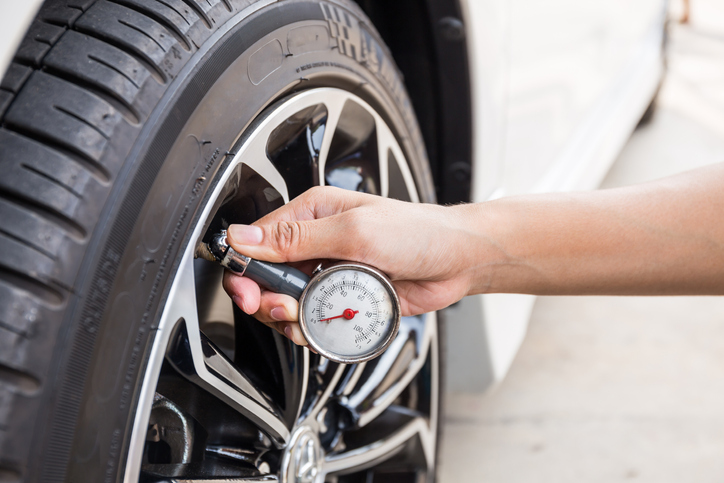Everyone in Glendora California eventually replaces their tires, whether it’s because they’re worn out or they’re just looking for something different. There are so many great tire choices in Glendora California, it can be difficult to sort them out. Let’s group the broad spectrum into several categories that will help in the selection process.
One category is often referred to as “summer tires”. Summer tires are designed to be driven on the road when temperatures are generally above 45 degrees. Their tread design is optimized for traction on dry roads in Glendora California and they’re also able to effectively displace water on rainy roads.
Now the rubber compound gets a little hard and stiff as temperatures drop below 45 degrees as it occasionally does here in Glendora California. And the tread which handles dry roads so well, can get packed with snow or mud – which provides very little traction in those conditions.
So if you live where its summer all year round, these tires will work well for you. If you like maximum performance in warm weather, but still live where it gets cold and snowy, you’ll want to change your summer tires for winter tires as the weather starts to change.
Summer tires can be purchased with an emphasis on handling performance, smooth ride or long life. Your Glendora California tire professional at Certified Auto Specialists can help you find the right tire for the way you drive.
As you can imagine, winter tires are designed to work very well in snow and ice. Their tread is designed with many channels and grooves that throw the snow out of the tread as the wheel turns. This means the tire is always be able to bite into the snow.
The rubber compound used in winter tires is specially formulated to be flexible at temperatures below 45 degrees. This maximizes cold weather traction. When it gets warmer, the softer rubber will wear faster on warm dry pavement than summer tires, so change them out once the weather has turned.
There’s a range of tires within the winter tire category. If you live where there’s a lot of snow and ice, look for the mountain and snowflake icon that signifies a severe snow rating. If you have milder winters and still want a performance component, they make a winter tire for you as well.
For many people, an all-season tire is the answer. You will give up some of the performance at the extreme ends of the summer tire/ winter tire spectrum, but you will find a long wearing tire that gives both good highway performance and winter traction on our Glendora California roads.
Within the all-season category, there are many choices that you tire advisor can help you evaluate.
Certified Auto Specialists
476 Vermont Avenue
Glendora, California 91741
626-963-0814
Outside of these three main categories, some people in Glendora with trucks and SUVs like a tire that is designed for both on-highway and off-highway use. They can handle the rocks and bumps off-road, but still work well on the street. Again, many options depending on the relative emphasis on on-road verses off-road.
You may want new wheels to go with your new tires – well, there are hundreds and hundreds of styles to choose from. That’s a matter of personal taste. If you want to change the size of your wheels and tires, do get some professional help.
The computers on your vehicle are programmed to the size of wheel and tire combination that comes from the factory. Tire size affects various computer controlled functions like anti-lock brakes, traction and stability controls, speedometer and odometer. Of course, you want these systems to work properly. The computers can be re-programmed for different tire sizes.
And if you want to increase the size of your wheels and tires, you’ll want so help to make sure they’ll fit in the wheel wells of your vehicle without rubbing during turns or over bumps.


